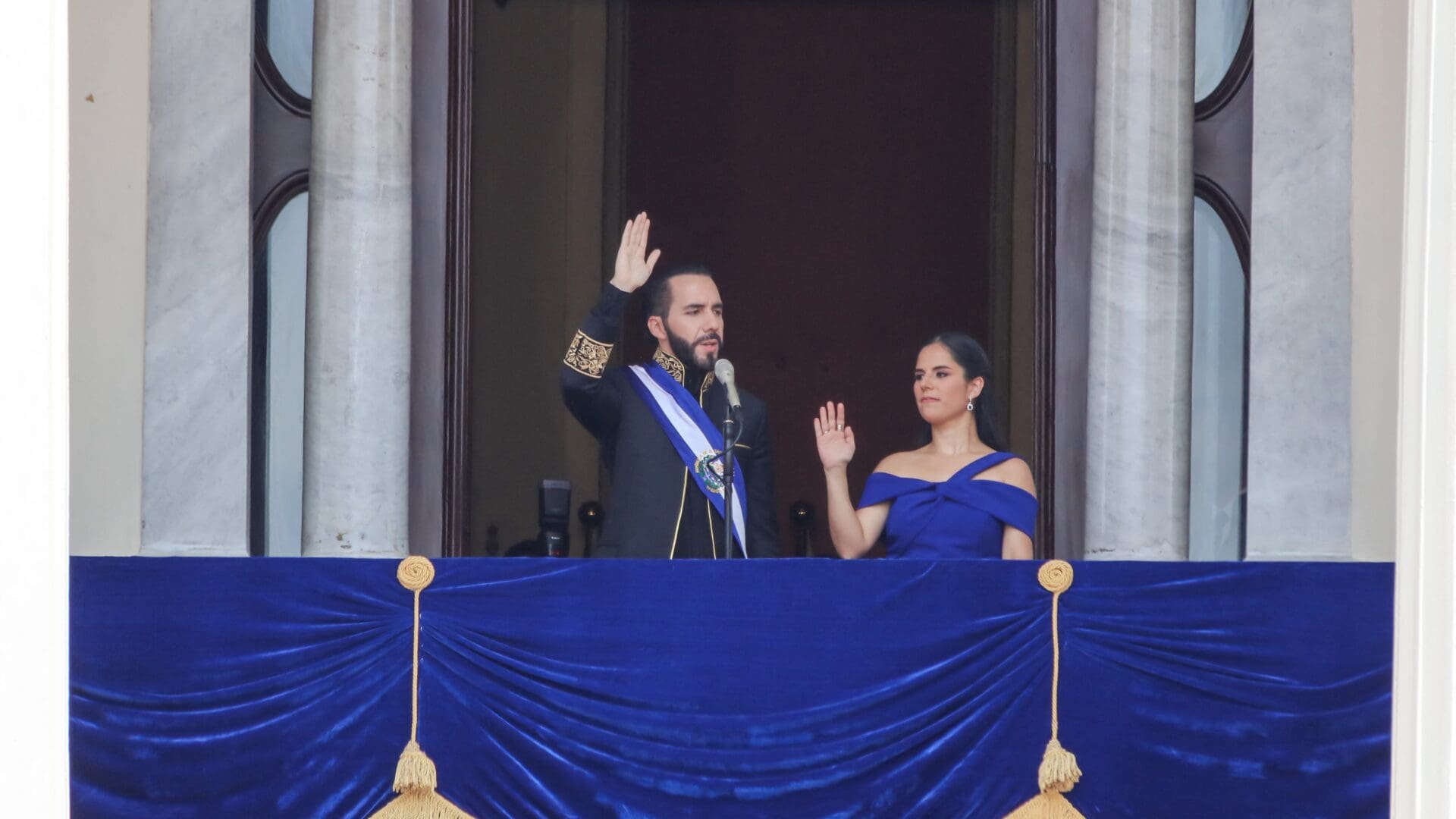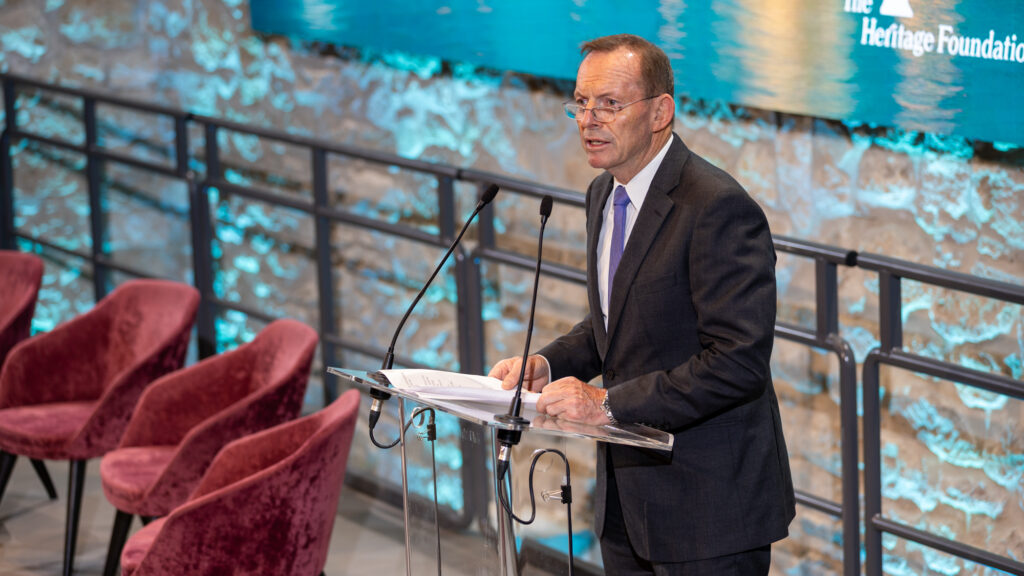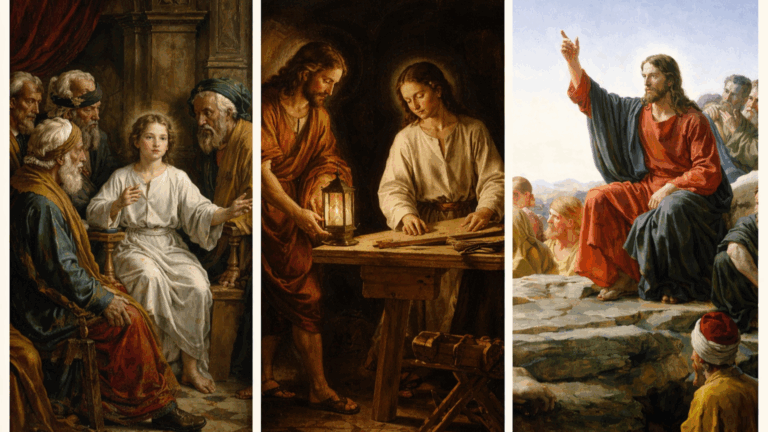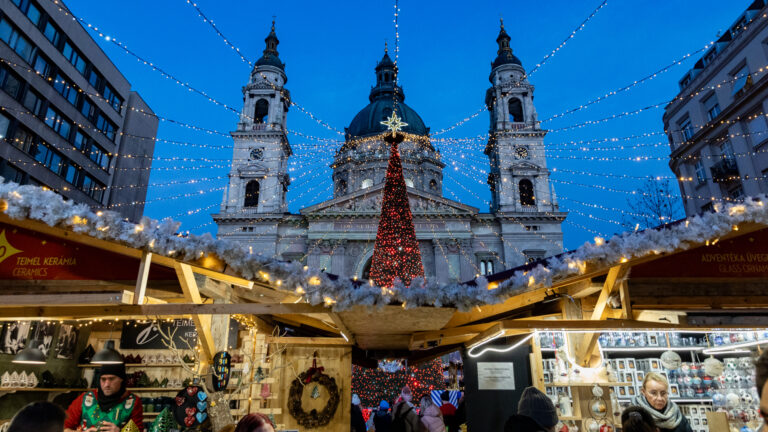Since 2019 Nayib Bukele has radically changed the political landscape of his home country, El Salvador. While only a president of a small country, the apparent success of Bukele as the creator of an internationally appraised model for conservative statecraft carries potentially significant implications for the understanding of Western conservatism as a global ideology.
At least since the late 1970s conservatism, emanating from the US and taking over first its closest neighbouring region, Latin America, carried with itself not only an ideological basis for the conduct of public policies, but also an all-encompassing view of the role of the state in managing economic and social issues. Of course, this was the triumphant framework of the unipolar moment at the end of the 20th century: neoliberalism. This ideology, the antithesis of the growing power of the managerial state since the start of the Cold War period, inspired conservatives to dismantle elements of the state. This, theoretically, was to allow society to find its direction unbridled by inefficient bureaucracies serving their own institutional goals and making arbitrary decisions. Conservatism for the peripheries, so to say, was a call for retreat from political command and letting free market and civil society prosper.
In the last few years, however, this dream seems to be fading away. Geopolitical competition, ideological clashes, and the pervasiveness of bad actors globally seem to have called these conservative tenets into question. The way forward is hotly debated, with growing tension in the West but also in a global sense in the conservative movement in general. This is precisely where the country of El Salvador comes into focus. It is clear that they have crafted
a model that challenges the meaning and canonized methods of Western-oriented conservatism
in interior policies, the role of the state, personal leadership, and international profile as well.
The Bukele model is turning the neoliberal approach on its head. It advocates for a strong state, with the leader—in this case, the president of El Salvador—as the all-important controller of decisions in determining the country’s future. The budget of the state has ballooned, starting with the heavy funding of security services while simultaneously investing in social services, from the creation of neighbourhood social centres to the augmenting of pensions and investing into getting the Bitcoin into circulation.
In fact, an important question that the proponents of neoliberalism may not have taken into account is that the Latin American states generally have a weak grip over their society. The ‘retreat’ of the state can be understood only in a strong civil society, which has not come into existence in many places over the world. The same logic should be applied in other semi-peripheral zones, such as Central and Eastern Europe, where totalitarian state socialism (aside of some elite clubs) has not allowed civil society to prosper. In Latin America, the utter lack of state control, and in Central Europe, the wasteland behind socialism needs to be considered when the discussion comes to the strength and functioning of civil society. In this debate, there is place to discuss the Salvadorian model and its demonstrated initial capability to influence the nation’s direction.
I have pointed out the stark contrast between the idea of a strong state and neoliberalism. For the sake of clarity, it needs to be noted that there is a debate about the nature of the relation of state and neoliberalism. Some, especially left-wing critics of the model advocate for an understanding of this ideology as in need of a strong state, which then would not be in contrast with Bukele’s model. This supposed Leviathan tears its way through society’s institutions to bring about the destruction of them in order for free market to reign. This model, building on the ideas of Károly (Karl) Polányi, imagines the natural state of society as a space of reciprocity and redistribution, while believing that market society could be brought about by the power of the state.
Still, Bukele is not like a leader of neoliberal transformation, given that all his decisions point towards getting the state directly involved in the well-being and rebuilding of Salvadorian society, not just the dismantlement of societal controls over the market. The overarching theme of his just completed first presidency, the Territorial Control Plan strongly suggests this as well. The plan involved not only security measures, but in its later stages anti-poverty campaigns too. The idea of the state of El Salvador getting back control of its territory from malevolent non-state actors and phenomena such as economic desolation can be understood as classic examples of nation-building, with the goal of expanding the rule of the central government over its subjects.
Geopolitical affiliations are, too, called into question. With the overarching goal of the strengthening of the state,
a clear alignment with Western ideas of development is challenged.
Bukele, of course, uses classic methods, too, with the priority of attracting investment to the country, especially in nonconventional, digital sectors. However, he is also looking to attract funding that the Salvadorian state could directly control in a bilateral framework, without the baggage of requirements that Western-based funding carries with itself. Logically, this led to the acceptance of Chinese infrastructure projects and investment. The pilot project, the new National Library towering over the main plaza of the capital has already been inaugurated. The constructions of a major water-filtering system and a stadium are in progress. In Bukele’s version of conservatism the goal of the project is not necessarily aligning the country ever-closer to the Western world, but the execution of a top-controlled project of nation-building.
Of course, political alliances with Western conservatism are still important for the Salvadorian leader. The February 2024 CPAC invitation of the young president was a highlight of his political trajectory. He was ‘discovered’ by American conservatives much earlier, especially concerning the apparent triumph of his ‘law and order’ policies, with highly viral videos demonstrating the efficiency and size of the country’s penal system. At the CPAC 2024 in Maryland, he advertised his brand of conservatism, too. He lashed out against the classic instruments of Western influence in Latin America and periphery countries—NGOs and other non-state organizations and the press—, questioning their impartiality and democratic legitimacy. He elaborated on in detail about the perils of ‘institutionalism’, highlighting his idea that judicial and other institutions of the state problematically encroach on the power of the executive branch. The trajectory of El Salvador toward civil war in the 1960s and 1970s was also mentioned as a warning parable, stressing the idea of dealing with the ills of society on a national level, and highlighting multilateral institutions only as sinister influences.
Although it is clear that Bukele has allied himself with international conservatism, all the while he has been building a new brand based on the role of a strong state, stressing the need of society to have strongly controlled, electorally backed institutions and
the need of the state to involve itself in the construction of a new, conservative society.
His success in making El Salvador a country of public safety and having overwhelming electoral backing help the model to be internationally validated. Several questions remain, however. One is getting the Salvadorian economy going, which had and still has many structural problems. As a sign of the importance of the economic well-being of the country for Bukele’s international political alliances, the Economic Freedom Index of the Heritage Foundation repeatedly downgraded the country throughout Bukele’s years of presidency. A related problem is organizing a solidly functional governing coalition, not overly dependent on the president’s personal capabilities. Bukele has already had to take moderate international backlash for modifying the electoral rules so that he could run again for president (El Salvador’s rules forbid a second consecutive presidential term).
El Salvador’s initial successes during his first term in nation-building has gained Bukele international appraisal in Latin America and throughout global conservative networks. If he can build on these successes and manage to consolidate his system in a benevolent way, he may become a model of working conservatism in Latin America for the post-neoliberal, multipolar world—if conservative theorists take the country’s model seriously.
Read more from the author:







